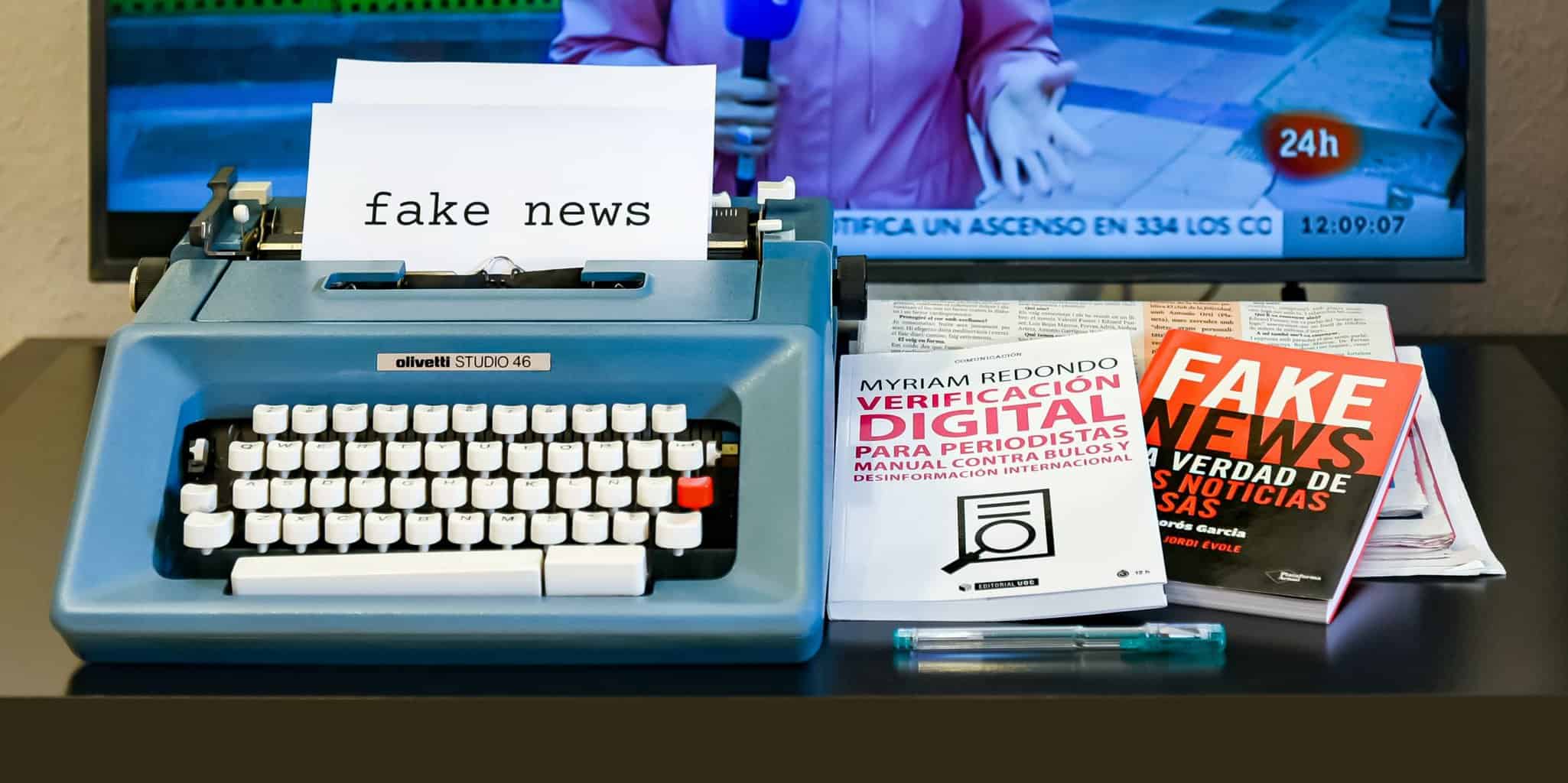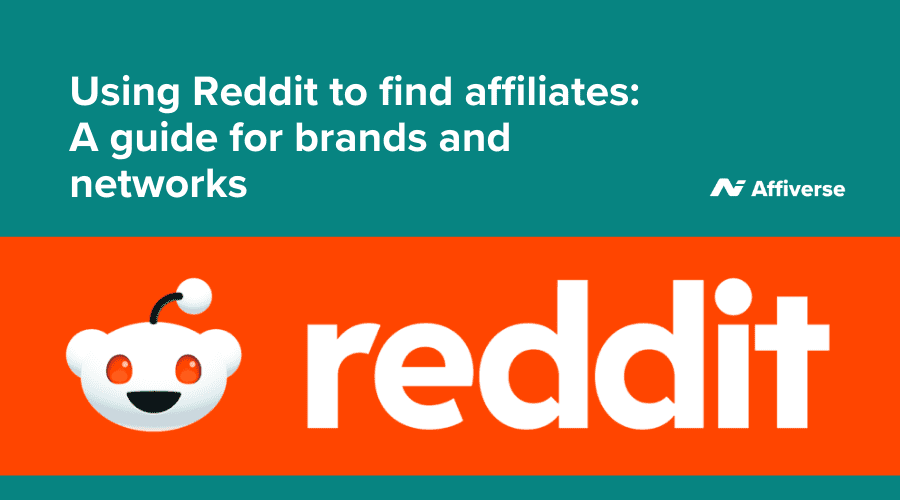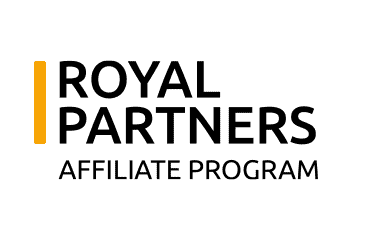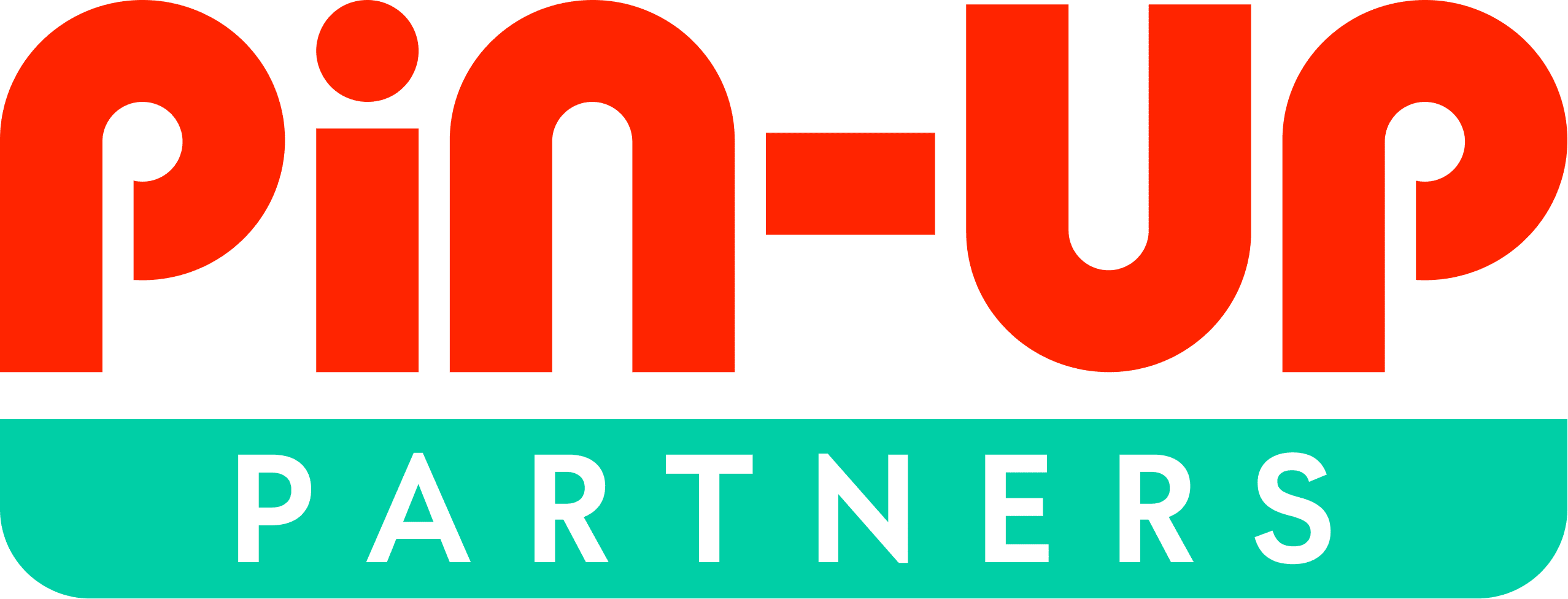Big social media platforms, including Meta, Twitter, TikTok, and even Google are all in preparation mode for the upcoming EU crackdown on misinformation.
Misinformation has been a hot-button issue for a while now, not least during the 2016 election and the entire presidency of Donald Trump, where misinformation was said to inform his election and presidency. Twitter, in particular, was given a lot of criticism for this, where misinformation was considered rife. But Facebook has also been known to cause controversy by either, not dealing with, or outright encouraging, misinformation on its platform in the past.
This is obviously particularly apt in 2022 where a war is being raged on the ground but also online, where propaganda is spreading via social media platforms.
What is being said?
The Financial Times, which launched the story, said: “According to a confidential report seen by the Financial Times, an updated ‘code of practice on disinformation’ will force tech platforms to disclose how they’re removing, blocking, or curbing harmful content in advertising and in the promotion of content. Online platforms will have to counter ‘harmful disinformation’ by developing tools and partnerships with fact-checkers that may include taking down propaganda, but also the inclusion of ‘indicators of trustworthiness’ on independently verified information on issues like the war in Ukraine and the COVID-19 pandemic.”
What does this mean for marketers?
There is a trend in marketing to get involved in politics to get users on their side. Users are looking for brands whose priorities match their own, and marketers like to lean into that. Marketers, particularly brands in health and beauty making claims about a problem that needs fixing and claims about how their product can fix it, need to be careful of what they are saying about their product. Think diet pills, blue light skincare, etc. The EU is going to make sure that you know what you are talking about and will shut it down if it turns out to not be true.



















